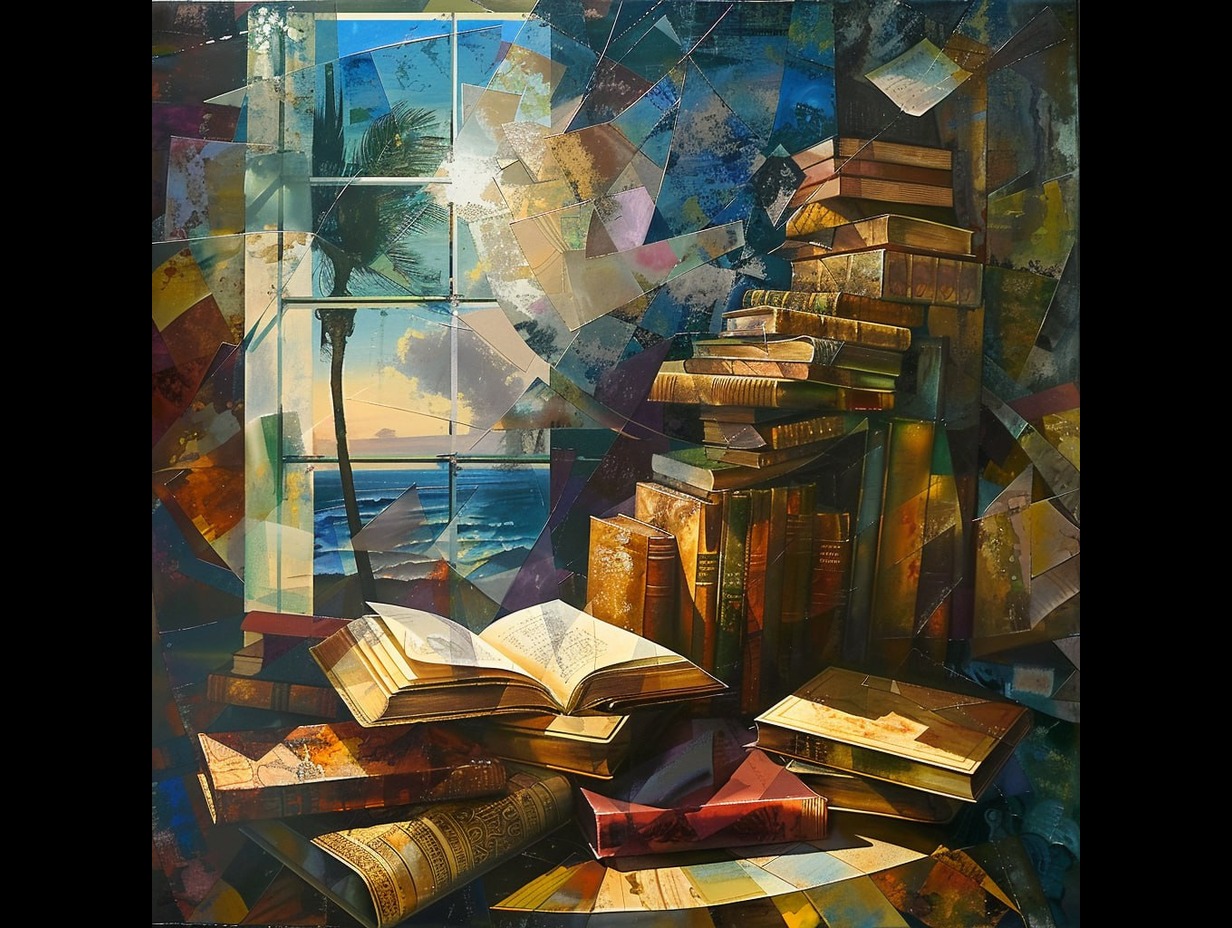Women’s Prize for Nonfiction has announced its shortlist, celebrating six thrilling texts poised against the changes the internet, AI, and other acknowledgments inflict upon women. This illustrious nonfiction prize, a companion of the women’s famous Women’s Prize for Literature, gives an equal chance to female authors who are often unfairly discriminated against in the publishing fraternity and celebrates their voices globally.
Exploring the finalists
Among the finalists is ‘Doppelganger,’ written by Canadian author-activist Naomi Klein. This riveting and stimulating read blends in the issues of online misinformation and how it has significantly influenced contemporary society. British journalist Madhumita Murgia’s “Code-Dependent: Humanize the sentence “Living in the Shadow of AI’ stands for the varied nuances of our interaction with AI, illustrating AI’s titles being undisputed for our daily lives.
The shortlist also features personal narratives, including poet Safiya Sinclair’s “How to Say Babylon: “An in Search of Identity,” this is a poignant memoir of one woman’s journey into a world where identity and heritage clash. British art critic Laura Cumming’s “Thunderclap: “When the Sun Changes” Helena does not just have a memoir. It is a memoir about art and life and sudden death.
Diverse perspectives and compelling narratives
Finally, the selection is completed by Noreen Masud’s Travelodge memoir “A Flat Place,” which creates a vivid and insightful scene of cultural exploration. Last but not least, Tiya Miles’ “All That She Carried, is an in-depth history of enslavement that the author examines by considering a Black family legacy and their keepsake. They bring forth a range of viewpoints, bringing to life a treasury of literature made colorful and varied by their various layers of meaning.
Celebrating literary excellence
The judges’ leader’s key role was given to the British historian Suzannah Lipscomb. She assured that the presented works would encourage the readers to widen their view. They will reflect different aspects of art, history, politics, and the science and technology of today. The World’s Prize for Nonfiction aims to highlight and hail women writers’ voices to help build a more representative and equal literary society.
The lucky winners of the nonfiction and fiction prizes will be awarded respectively at the ceremony in London on June 13, the date chosen to celebrate the glorious heritage of contemporary literature. As the literary domain in the quest for more equality and diversity is ongoing, the Women’s Prize for Nonfiction is an important player in the hunt for more voices of underrepresented genders.





